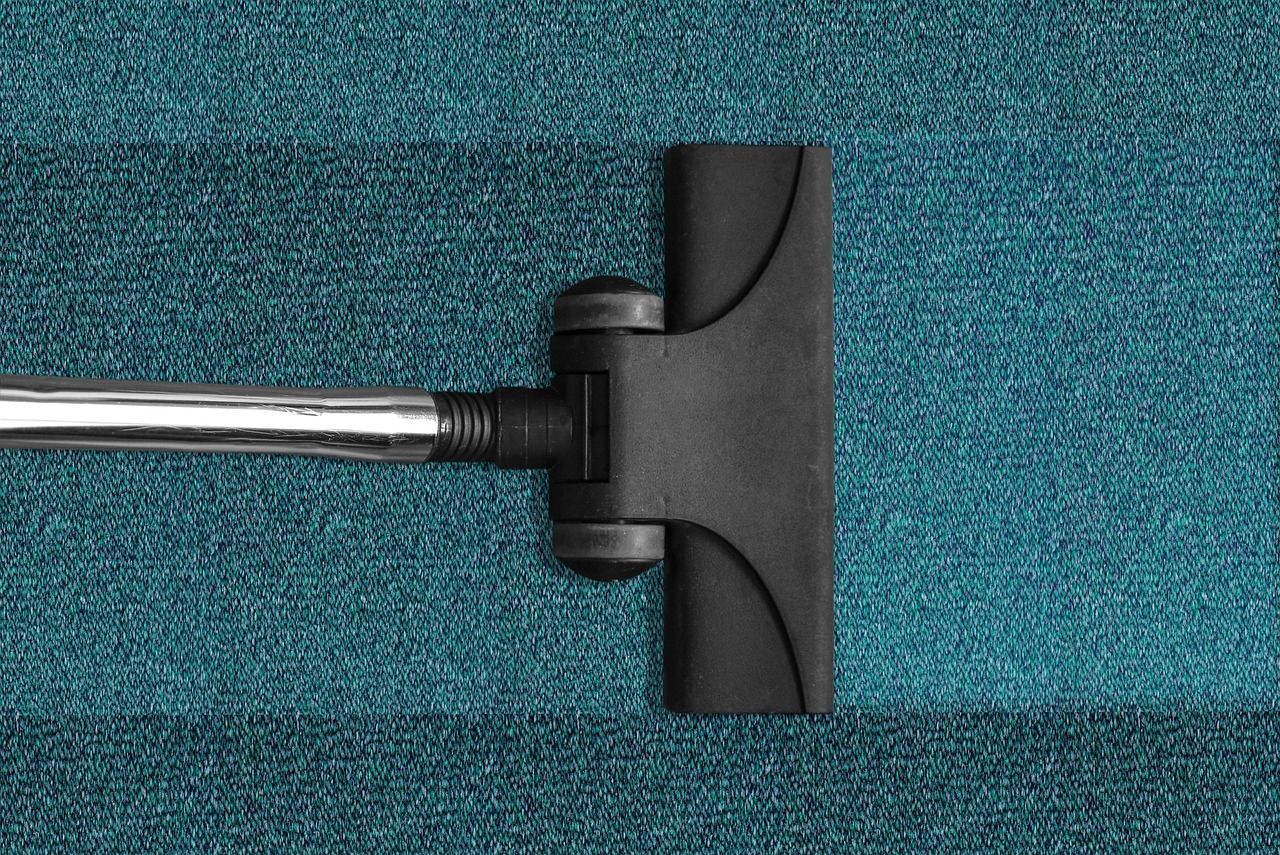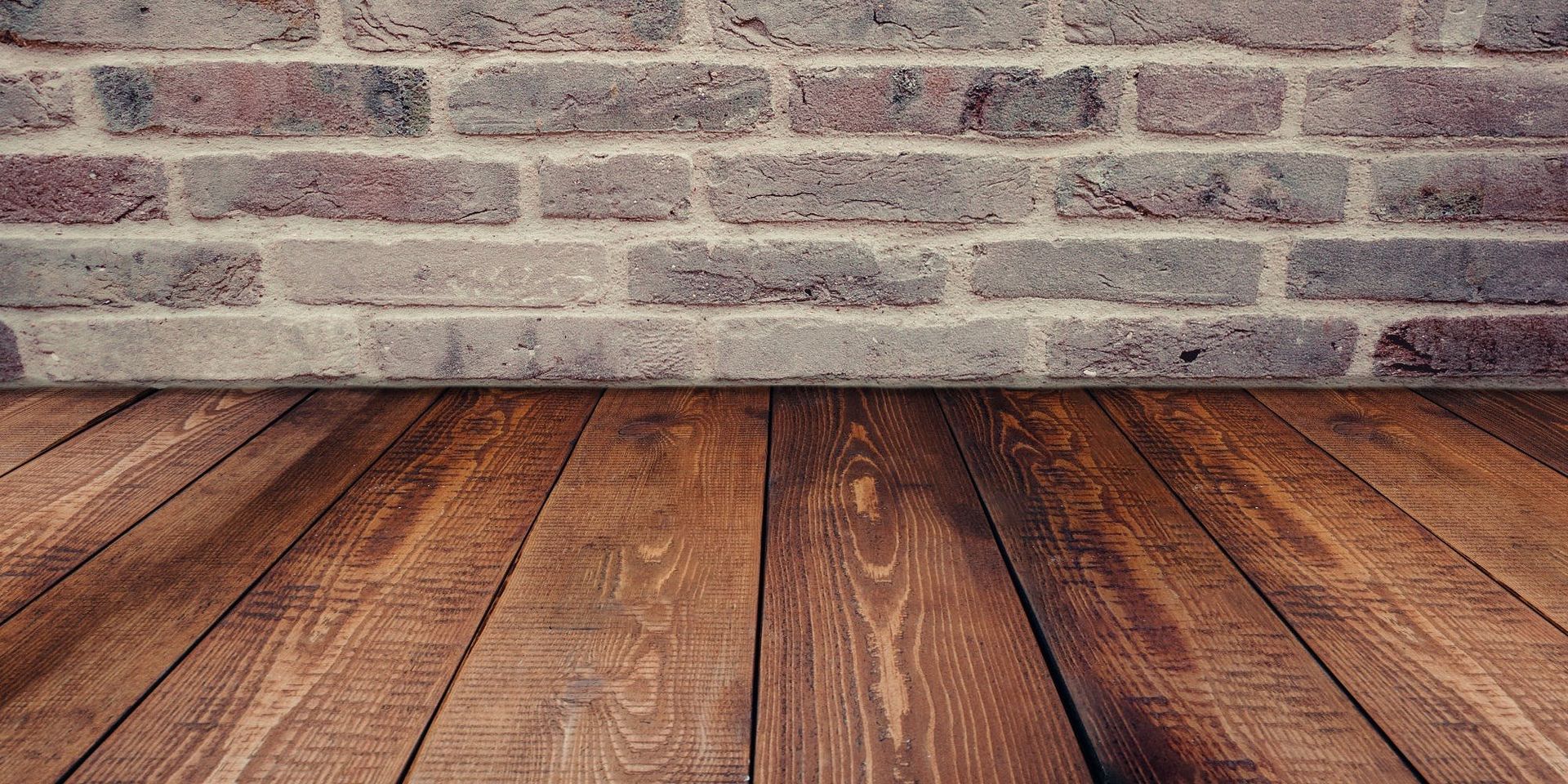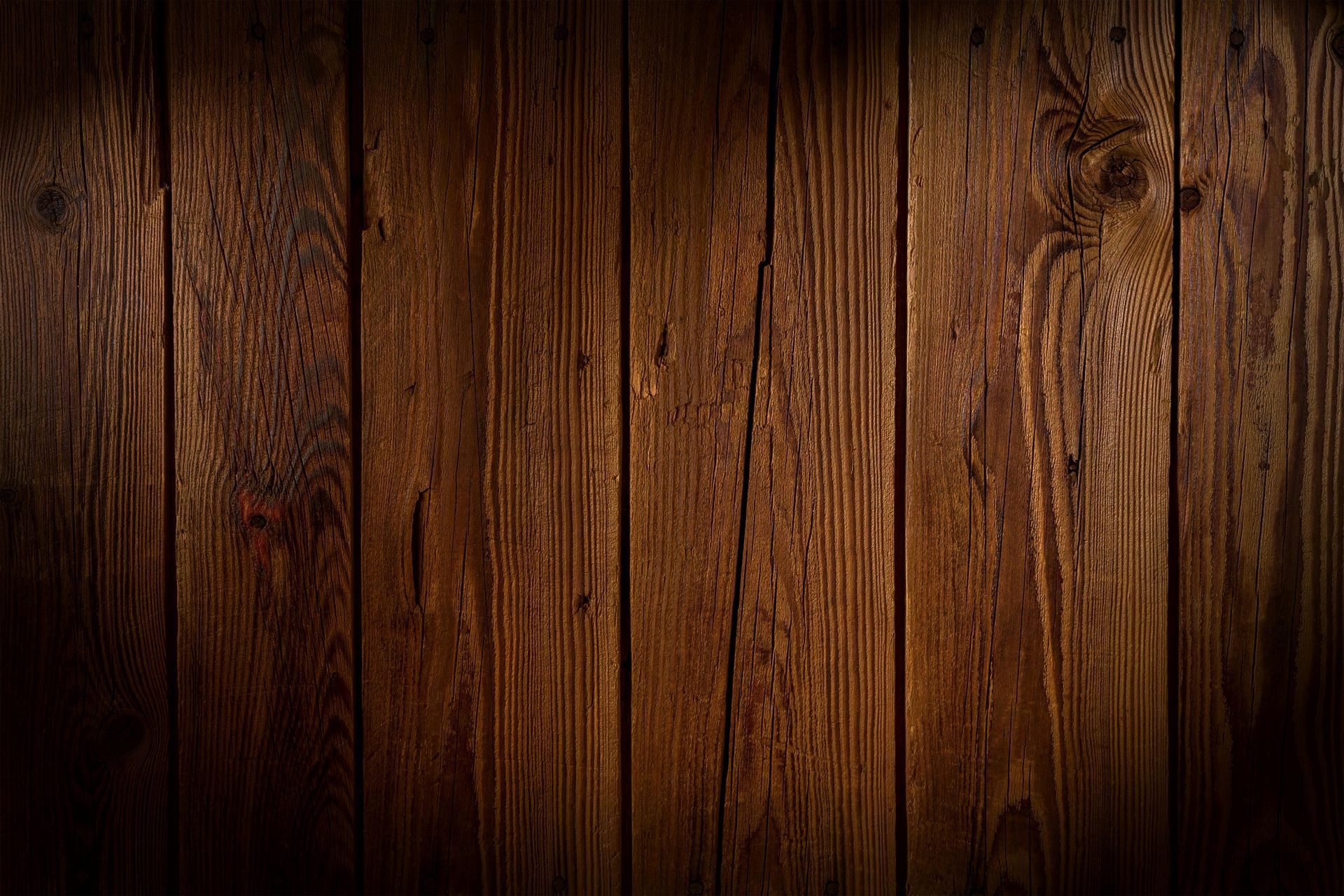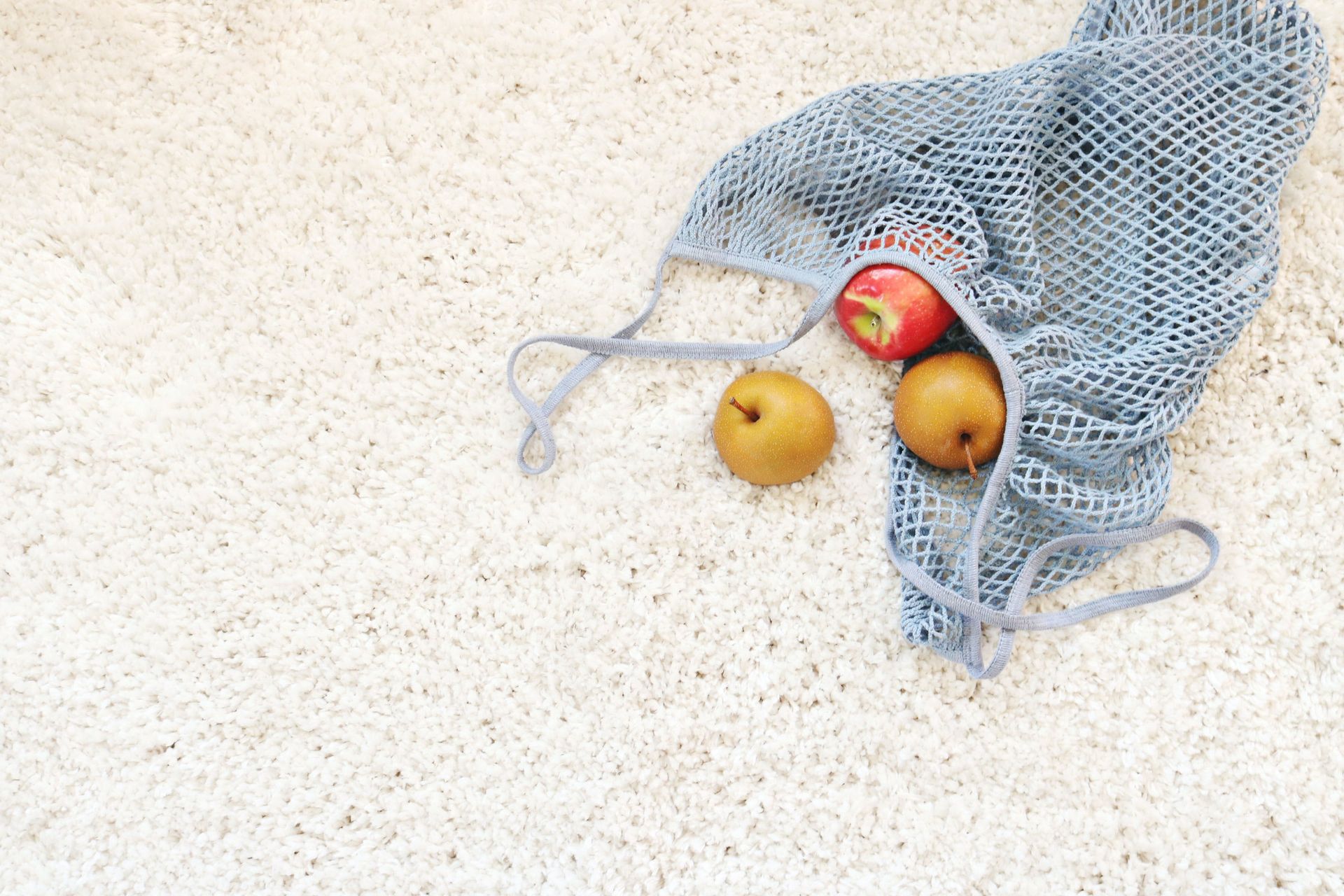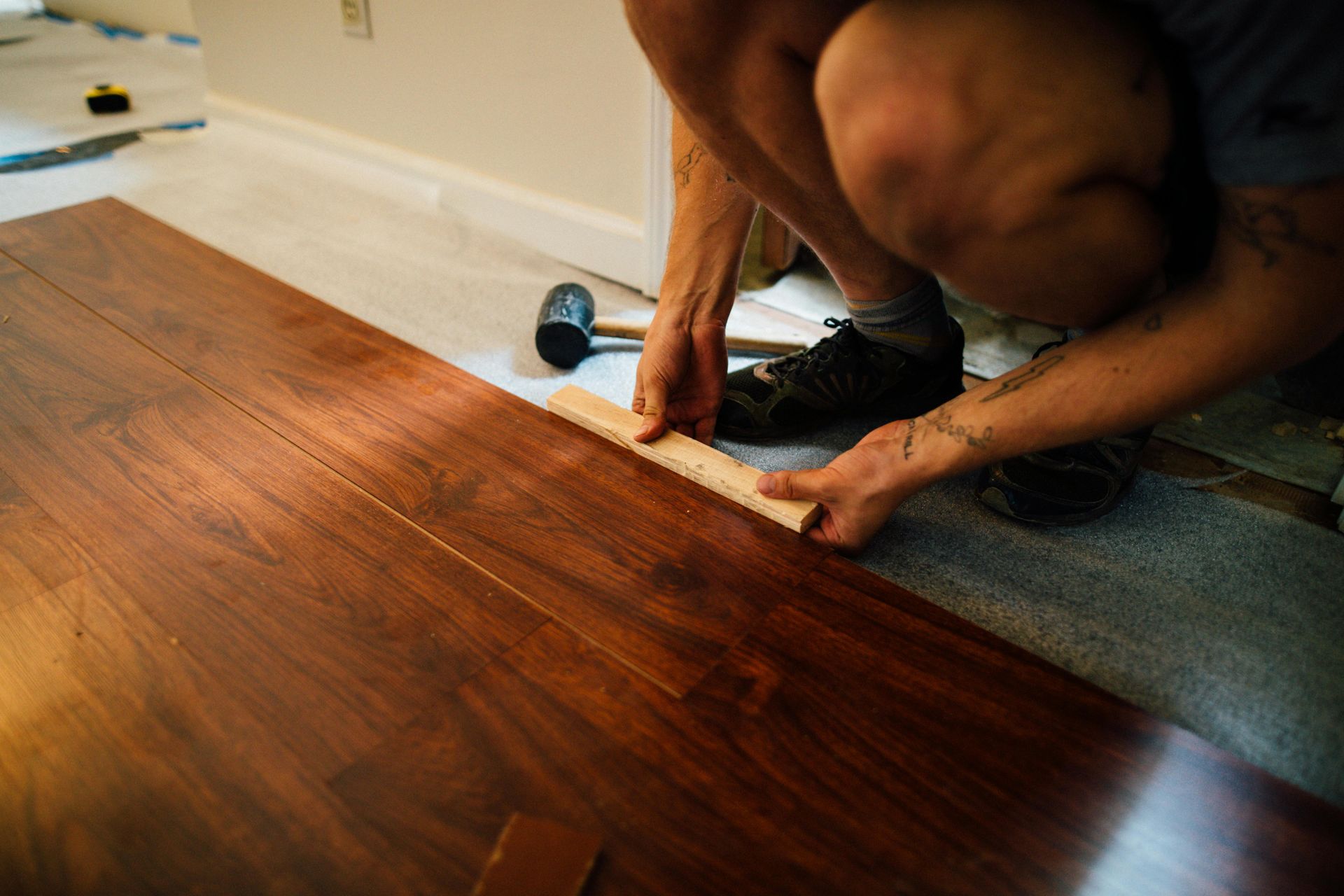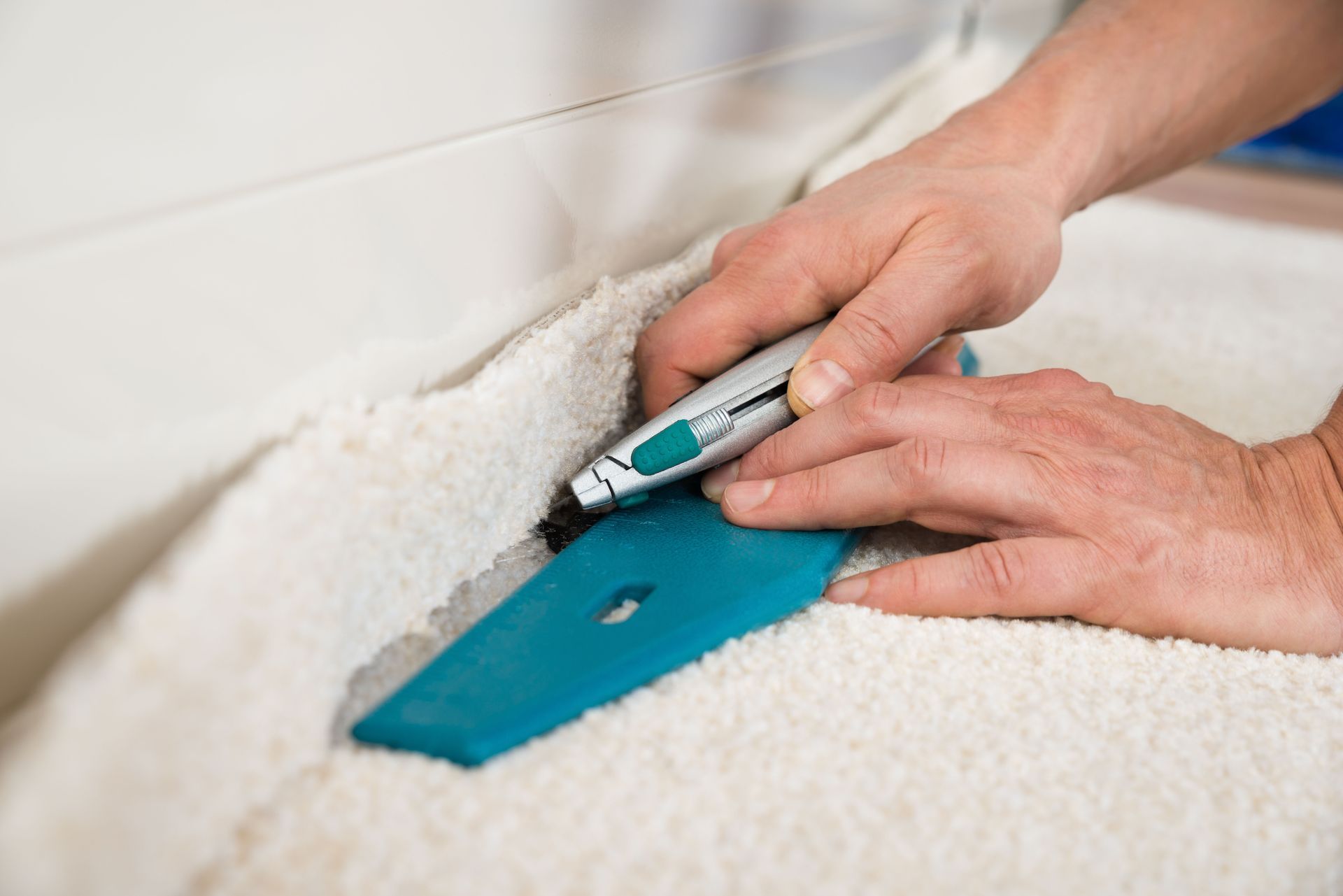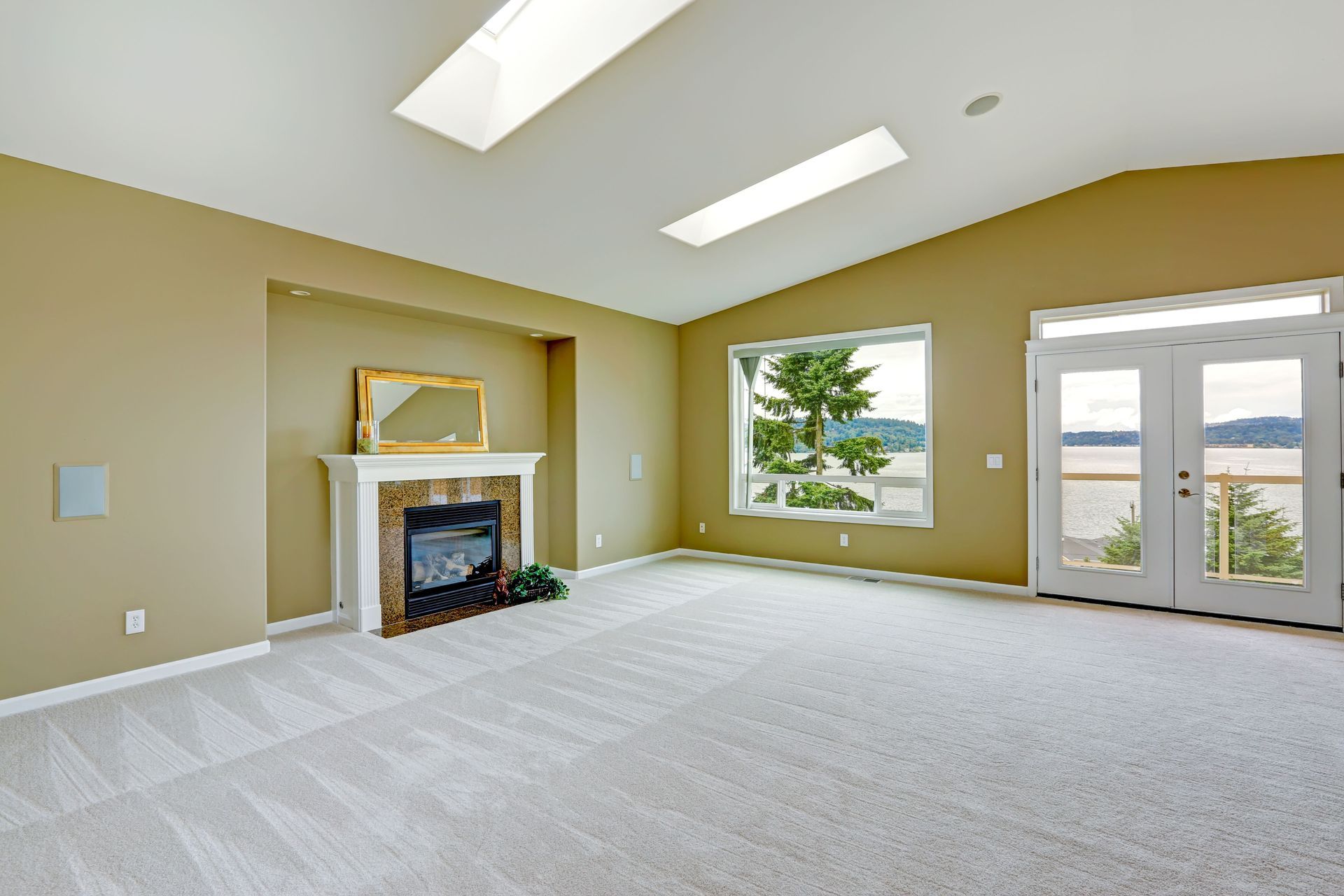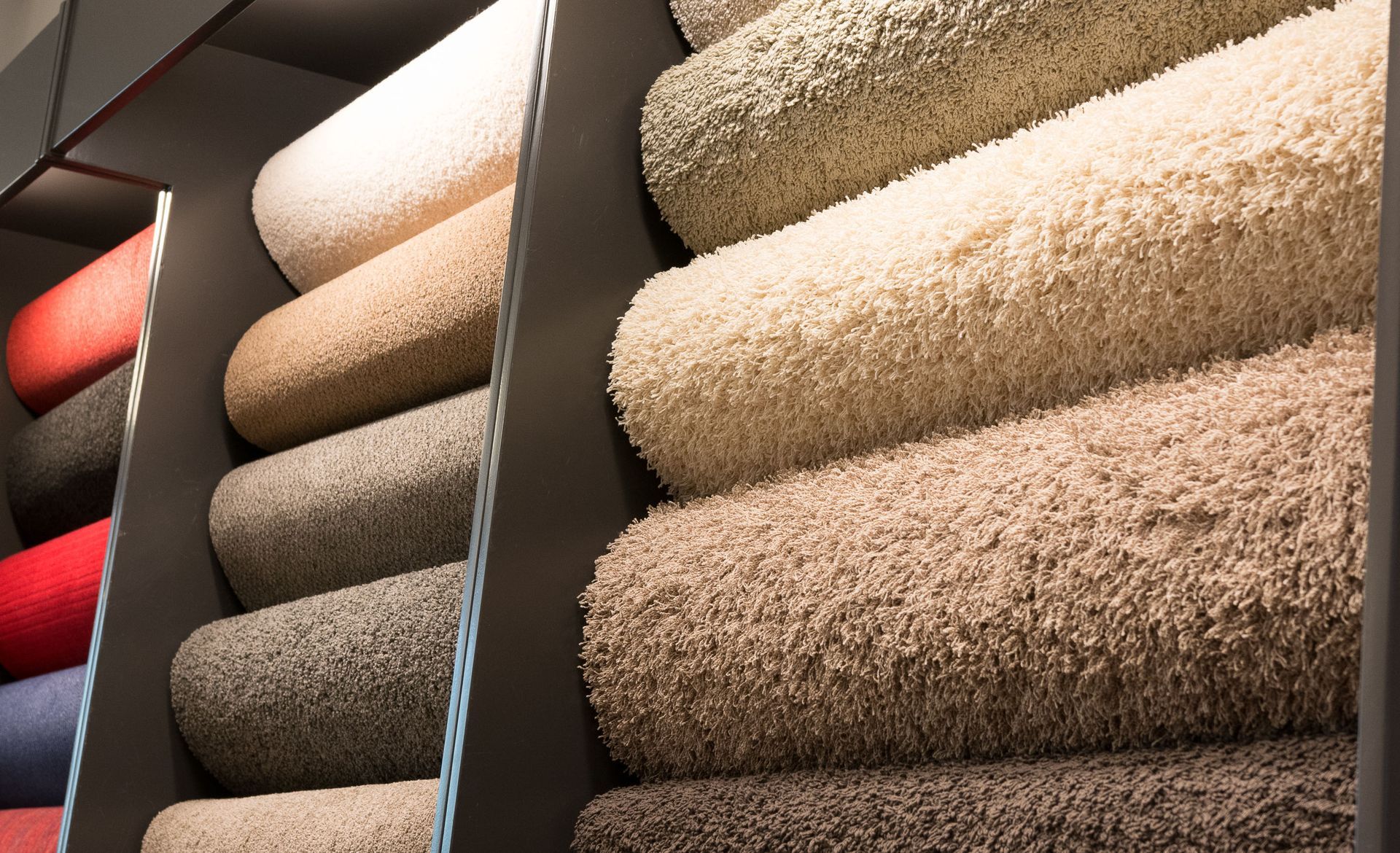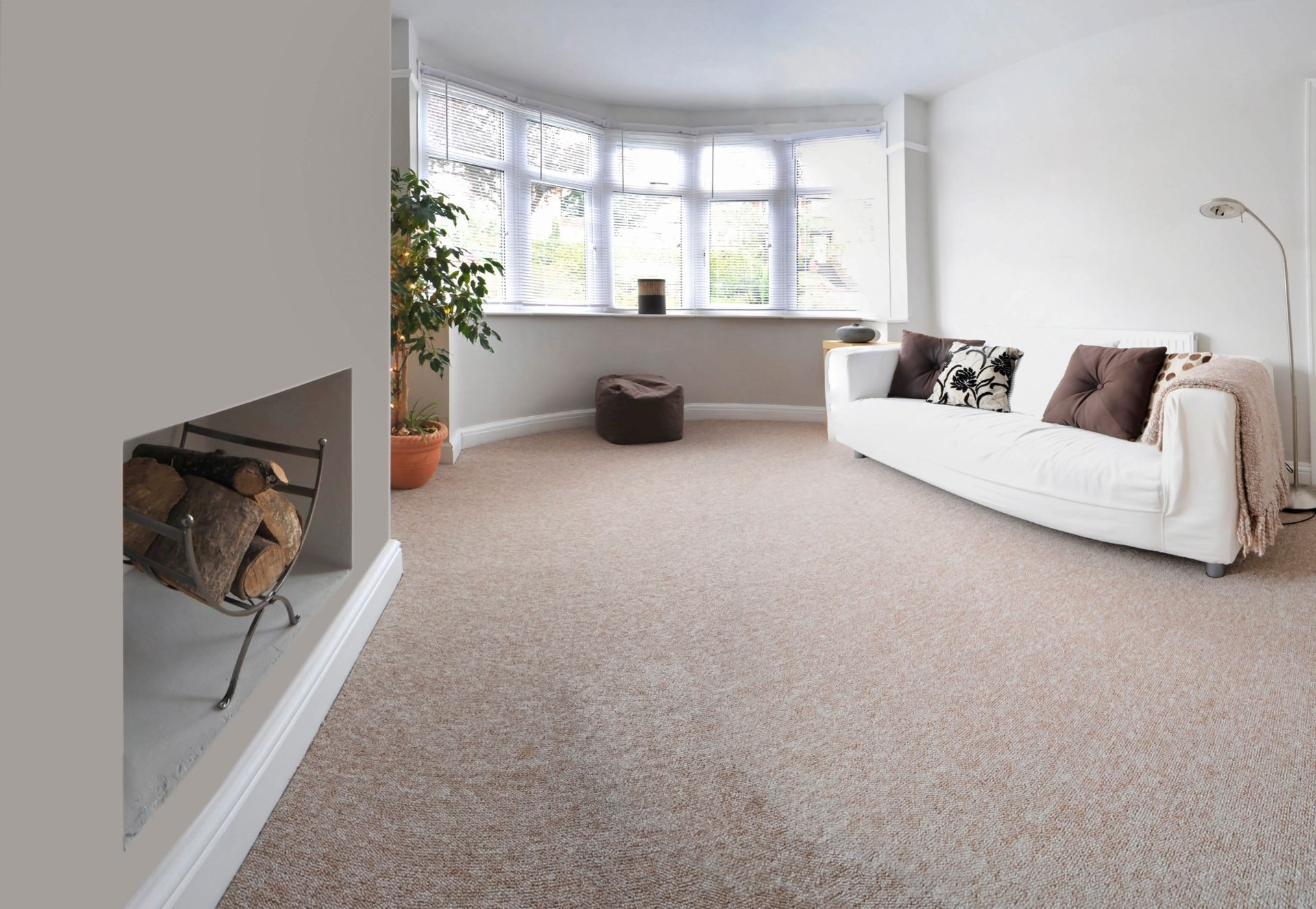Why You Should Consider Tile From Your Local Flooring Store
When it comes to updating your home’s flooring, the choices can feel overwhelming. From hardwood to laminate, vinyl to carpet, homeowners have a wide range of options to choose from. However, tile remains a versatile and stylish choice that can elevate any space. Visiting a local flooring store for your tile needs not only provides access to high-quality products but also offers personalized service and expert advice tailored to your home. Choosing tile from a local flooring store can enhance the overall aesthetic, functionality, and value of your home while supporting your community at the same time.
What Are the Advantages of Buying From a Local Flooring Store?
One of the most significant benefits of shopping at a local flooring store is the personalized service you receive. Unlike large retail chains, local stores often have smaller teams that are deeply familiar with their product offerings. This expertise allows staff to guide you through the selection process, helping you find tiles that perfectly match your home’s style, color palette, and practical needs.
Local flooring stores also tend to carry unique or specialty products that may not be available at big box retailers. From artisan ceramic tiles to imported porcelain options, these stores provide a curated selection that can make your home truly stand out. According to Real Simple, ceramic tiles are among the most popular choices because they can be used for a wide variety of applications, from kitchen backsplashes to bathroom floors. Local flooring stores can help you explore all these possibilities and choose the right style for your space.
Additionally, shopping locally supports your community. By purchasing from a local flooring store, you’re contributing to the local economy and helping small business owners thrive. Many local stores also offer installation services or can connect you with trusted contractors, making the entire flooring process smoother and more reliable.
How Does a Local Flooring Store Compare to Large Retail Chains?
When comparing local flooring stores to large retail chains, several key differences become apparent. First, product selection at a local store is often more specialized. While big box retailers may carry mass-market tiles, local stores focus on quality and variety. This means you’re more likely to find high-end ceramic, porcelain, or even handcrafted tiles that can transform your home’s look. Local stores also often carry exclusive or limited-edition tiles that you won’t find elsewhere, giving your home a unique and personalized touch. Additionally, the staff can provide hands-on demonstrations or samples, allowing you to see and feel the tiles before making a decision.
Customer service is another area where local stores excel. Staff at a local flooring store are typically experienced professionals who can guide everything from color coordination to proper installation techniques. Large chains may have staff on hand, but they often lack the in-depth knowledge necessary to answer detailed questions or make tailored recommendations.
Expertise is also a distinguishing factor. Employees at a local flooring store usually have extensive training and years of experience in the industry. This knowledge allows them to advise on tile suitability for different areas of your home, durability concerns, and maintenance tips. For instance, they can explain which tiles are ideal for high-traffic areas, which can handle moisture in bathrooms and kitchens, and how different tile materials perform over time.
What Types of Tiles Can You Find at a Local Flooring Store?
Local flooring stores offer a wide variety of tiles to suit every taste and function. Ceramic tiles remain a favorite due to their versatility and affordability. They can be used in kitchens, bathrooms, laundry rooms, and even outdoor spaces, making them a practical choice for homeowners. Their durability and easy maintenance make them ideal for areas that experience heavy foot traffic or occasional spills.
Porcelain tiles are another popular option available at local flooring stores. Porcelain is denser and less porous than ceramic, which makes it highly resistant to moisture and wear. This makes it perfect for bathrooms, mudrooms, or entryways where moisture exposure is common. Porcelain tiles can also mimic natural stone or wood, giving you the aesthetic appeal of more expensive materials without the high maintenance.
Many local flooring stores also carry a variety of specialty tiles in different materials, colors, and finishes. These options provide opportunities for creative designs that can enhance the look and feel of any space. Staff at a local flooring store can offer guidance to help you choose tiles that suit your style and practical needs.
Why Is Tile a Better Option for Flooring?
Tile offers several advantages over other flooring materials that make it a superior choice for many homeowners. Durability is one of the most significant benefits. Unlike carpet, which can wear down and stain over time, tile is long-lasting and resistant to scratches, dents, and moisture damage. A well-installed tile floor can last for decades, providing a lasting investment for your home.
Maintenance is another area where tile shines. Ceramic and porcelain tiles are easy to clean with simple sweeping and mopping. They do not trap dust, allergens, or pet hair, making them a healthier choice for households with allergy sufferers. Additionally, tiles are resistant to fading, so your floors maintain their appearance for years with minimal effort.
Aesthetic appeal is a further advantage of tile. With countless colors, patterns, sizes, and finishes available, tile can complement virtually any home style—from modern minimalist designs to traditional, classic interiors. By visiting a local flooring store, you can see these options firsthand and find the perfect match for your vision.
How Can Tiles From a Local Flooring Store Enhance Your Home’s Value?
Investing in high-quality tiles from a local flooring store can significantly increase your home’s value. Potential buyers often notice the quality of flooring when evaluating a property, and durable, stylish tile can create a lasting impression. Bathrooms and kitchens, in particular, benefit from the use of ceramic or porcelain tiles, as these areas experience heavy wear and require materials that are both attractive and functional.
Tiles also provide versatility that adds long-term value. They can easily complement future updates to your home’s décor and are suitable for both residential and high-traffic commercial spaces. Choosing tiles that are visually appealing and durable ensures that your investment pays off for years to come.
By purchasing from a local flooring store, you also gain access to expert guidance on installation and maintenance, which further preserves the value of your flooring. Properly installed tiles not only last longer but also perform better, reducing the risk of costly repairs or replacements in the future.
Choosing tile from your local flooring store offers a range of benefits—from personalized service and expert advice to unique product selections and increased home value. Tiles provide durability, easy maintenance, and aesthetic flexibility that few other flooring options can match. Whether you’re renovating a single room or redesigning your entire home, a
local flooring store can help you find the perfect tiles to achieve your vision. Investing in high-quality tile is an investment in your home’s beauty, functionality, and long-term value. By supporting local businesses and selecting expert-recommended products, you can transform your space while enjoying the peace of mind that comes with professional guidance and superior flooring options. If you want to add beauty and character to your home with new flooring, contact The Fargo Flooring Store today!
